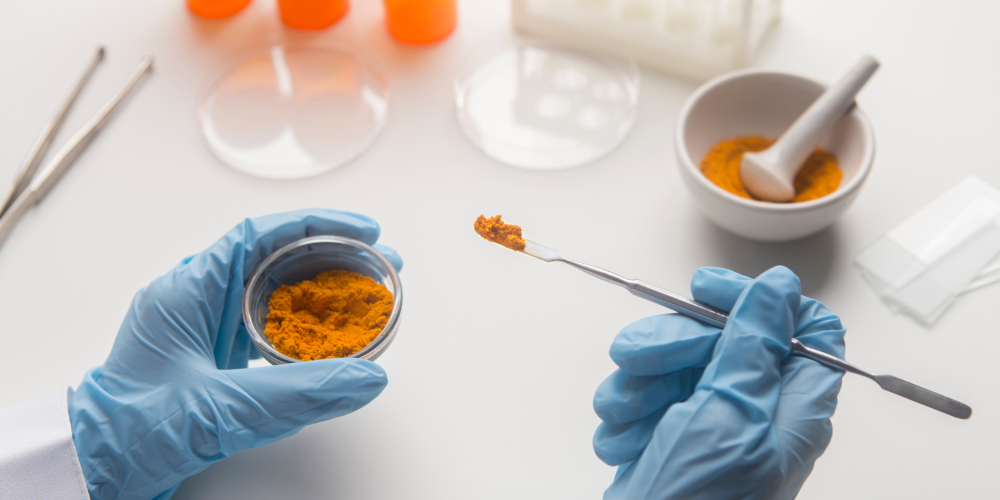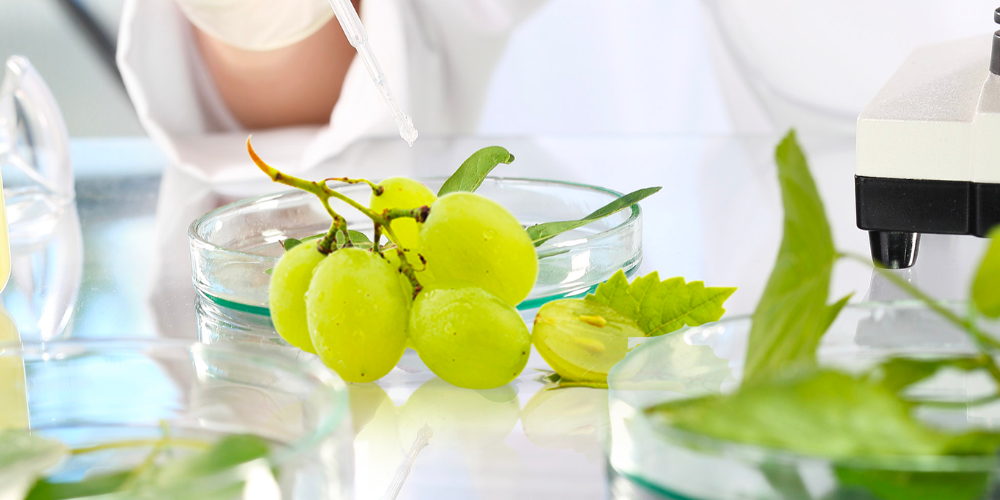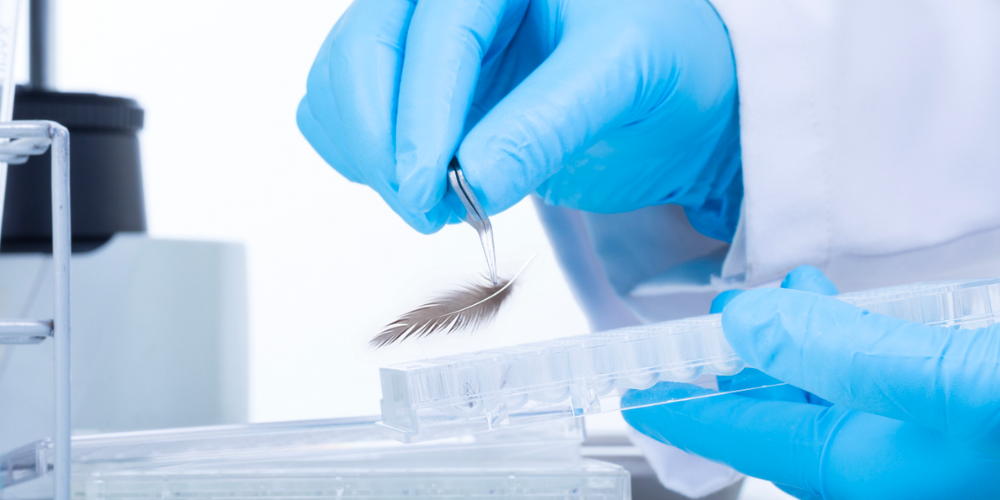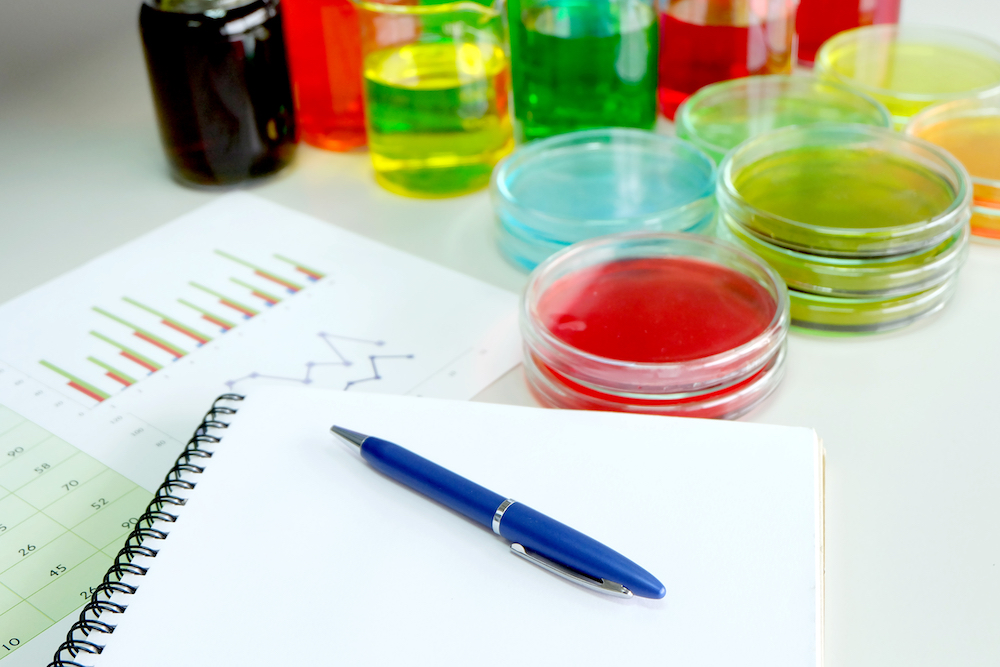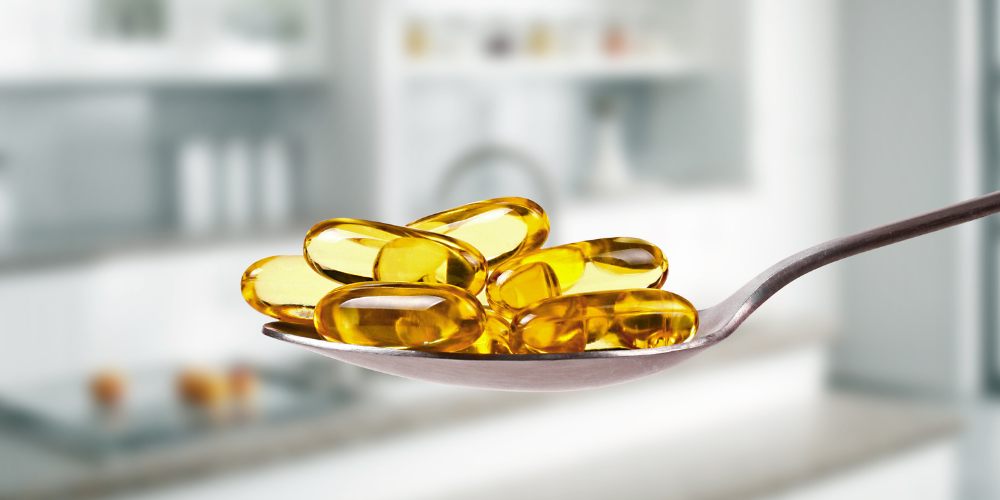Genetic identification of grapes
Genetic identification of grapes and grapevines
The evolution of techniques in molecular biology has allowed the development and optimization of useful diagnostic tool for rapid and reliable identification of table or wine grapes. Today them are essential tools for the management of viticulture genetic resources.
FEM2-Ambiente has a 10 year experience in the viticulture sector. This enabled our scientific team to optimized the methodology and develop more and more rapid and effective analyses.
Our service is offered to companies, individuals or public entity that have need in identifying, verifying or characterizing grape samples to meet different needs such as:
- Patent protection
- Set up of a new production
- Protection and valorisation of a vineyard
- Genetic improvement actions
Types of sample
- Seeds
- Leaves
- Branches
- Grape
- Roots
Technical information
1) Extraction of total DNA from the sample provided by the client: the most appropriate protocol will be applied based on the starting matrix.
2) Isolation and amplification of DNA regions (loci) using fluorescent DNA primers, which allow the determination of the genetic profile.
3) Analysis by sequencer of the amplified and fluorescently labelled loci.
4) Extrapolation of the lengths in base pairs of the loci of interest from the electropherograms obtained.
5) Comparison of the values obtained with public or private databases or with the genetic profile of specific standard samples to identify or confirm the variety to which they belong.
6) Drafting of an analysis report containing the information obtained from the analysis and the result of the identification.
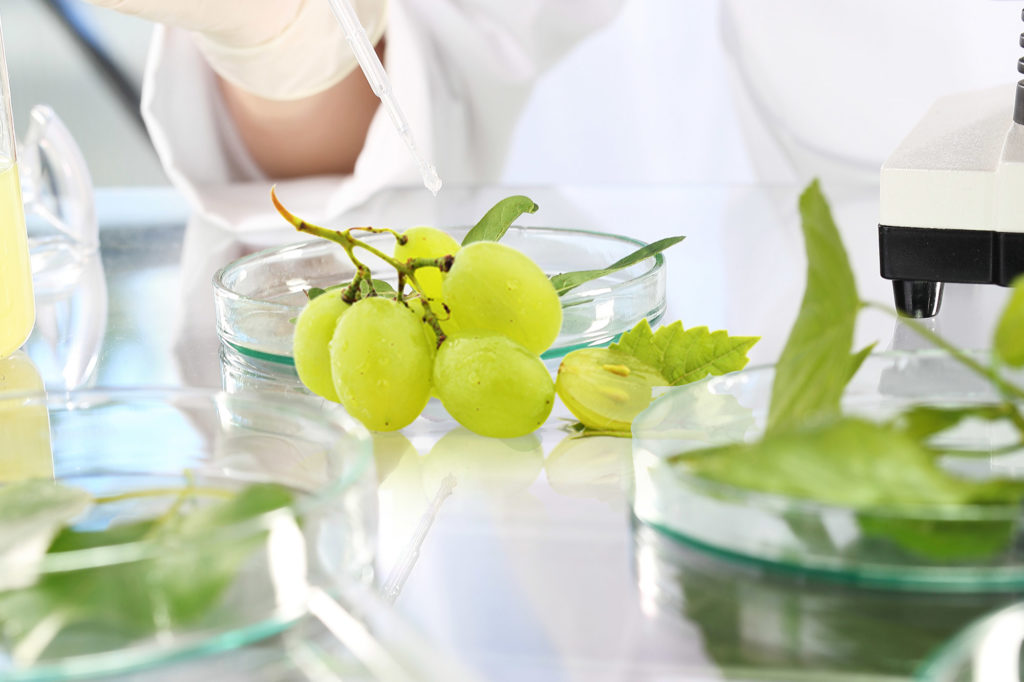
Each grape cultivar has an unique combination of microsatellite which is used as markers. Molecular biology techniques allow us to isolate and amplify these regions of DNA from any part of the plant and, thanks to dedicated tools, it is possible to know the dimensions of these regions.
Thanks to bioinformatics techniques we’ll able to compare the DNA of sample with the existing databases containing all cultivar previously identify, so we’ll can select the correct cultivar of belonging.

